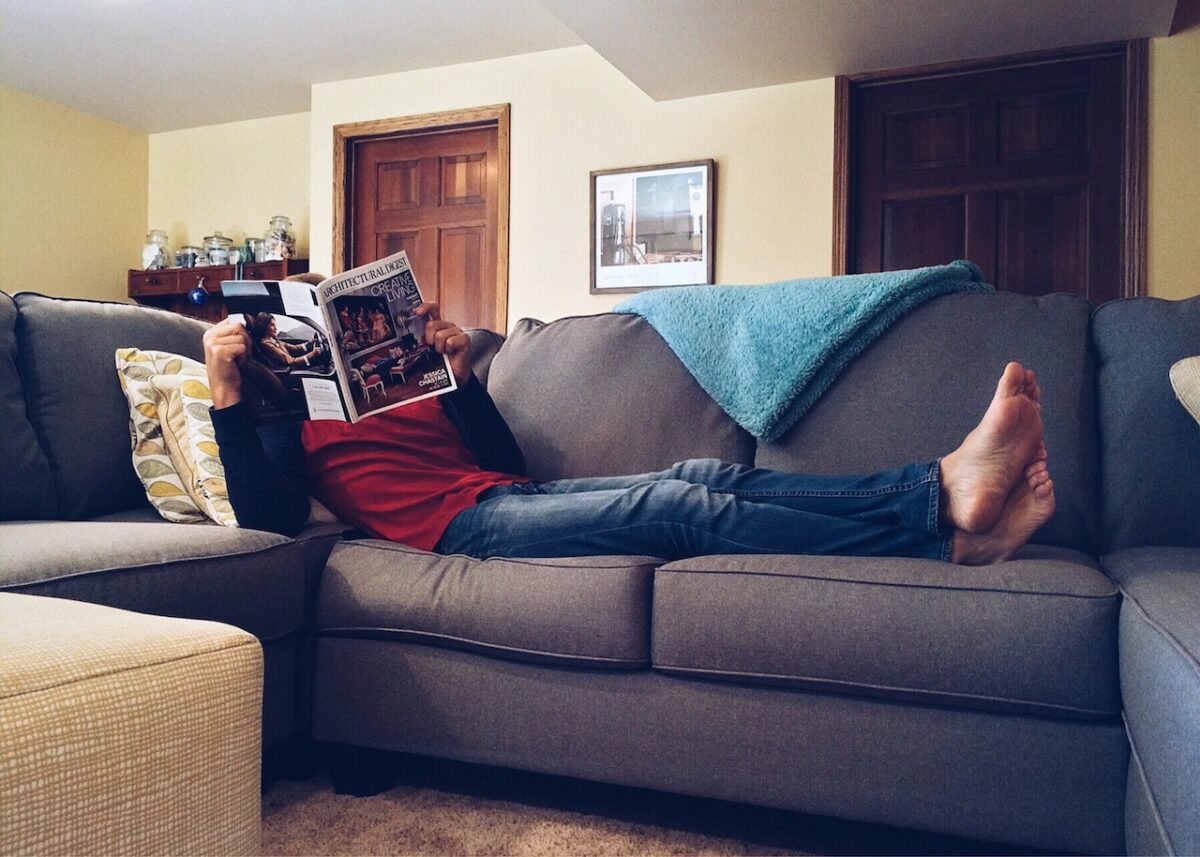Who gets to stay in the house during separation in Australia?
One of the most difficult upheavals faced by people going through a separation is where they would live if they moved out of the family home. This begs the question, who gets to stay in the house during a separation in Australia? We explore the legalities in this article.
By Evan Avtzis, Associate at AFL Kordos Lawyers, Melbourne.
After years of living together, when the decision is made to separate, this reality can be particularly daunting for people who do not earn a steady income themselves and have nowhere else to go.
Unpicking financial ties between parties who have been sharing their lives together can often take months, if not years. While supportive friends and family will typically be more than happy to help a loved one out by letting them stay on their couch during a separation, their hospitality can sometimes begin to wear out the longer you stay with them.
In most instances, one party will decide to leave the family home upon separation, but this is not always the case. So what next?
So who gets to stay in the house during separation in Australia?

We are often asked by clients:
- “Can I make my husband move out of the family home?”; or
- “Do I have to move out?”, or
- “Who gets access to the marital home during separation in Australia?”
However, the question of who gets to stay in the house during separation in Australia is not clear-cut. There is no legal expectation on either party (regardless of their gender) to determine who moves out after separation.
Regardless of whether someone is registered on title, parties who are married, or living together in a de facto relationship have a right to remain in the family home until property matters have been finalised between them.
What happens if neither party wants to leave?
Initially, you may have already undergone a trial separation in the same home and have made a decision to finalise the separation. What then?
Things can become tricky if neither party decides to leave the family home. While it is still possible to be separated while both parties are living under the same roof, the lines around separation can become slightly more blurred. Typically, in order to be considered separated in the eyes of the law, one party needs to have clearly communicated to the other party that the relationship has irretrievably broken down, and the parties should no longer be acting as though they are in a relationship (i.e. sharing a bedroom, etc.)
While it is possible to continue living in the same property, most couples decide it is too difficult to do so. Living in close proximity to one another after separation can often lead to a significant increase in conflict between parties. This can be taxing on the emotional well-being of parties and can be particularly detrimental to any children who may be caught in the middle of increasing tensions.
Anecdotally, many of us have heard of situations where one party comes home to find the locks on the family home have been changed; however, while it is certainly within the rights of people who own a home to change the locks on that property, doing so without telling the other party can lead to a very emotional confrontation with them, and can increase conflict in an already emotional time.
As tensions escalate, this can put the safety of the parties at risk and increase the likelihood of an application for an Intervention Order being taken out.
What if there is family violence?
In situations where there is abuse and other forms of Family Violence, if one party is concerned about their safety (or the safety of their children), it is important for them to seek advice immediately and report their concerns to the police. The police will then investigate the allegations and determine whether there are sufficient grounds for them to bring forward an Application for a Family Violence Intervention Order in the Magistrates’ Court.
The conditions of these Orders can differ. However, it is common for such Orders to prevent the Respondent from attending the residence of the affected family members. This would, by extension, require that they move out of the family home, as to do otherwise would be in breach of the Intervention Order.
What if you just really want them to move out?
If it is too difficult to continue living in the family home, but you do not want to involve the police (and moving out yourself is not an option), you may find yourself wondering, “How can I make my ex move out?”
Sole occupancy orders

While both parties have an automatic right to remain living in the family home following separation, either party can seek an Order in the Federal Circuit and Family Court of Australia for sole occupation of the family home under Section 114 of the Family Law Act. This is, in essence, an Order that grants one party the right to continue residing in a property and simultaneously requires the other party to move out.
In determining whether to grant such an Order, the Court will look at the circumstances of each case and consider a large number of factors, including:
- Whether one party will have primary care of children under the age of 18 once the parties are no longer living in the same home, and what would be in the best interests of those children.
- The income earning capacity of each of the parties (and if a party could afford to seek rental accommodation elsewhere).
- The availability of alternative accommodation for each of the parties.
- The conduct of the parties to date (including any allegations of family violence and the risk of those parties remaining in the property).
These Orders are typically granted in situations where the Court determines that it would not be reasonable, sensible, or practicable to expect parties to continue living in the family home together.
While Sole Occupancy Orders have on rare occasions been ordered in cases that did not include allegations of risk of family violence, they are typically only ordered in very particular circumstances. You should always seek advice from a solicitor experienced in Family Law prior to applying for such an Order.
Have more questions about who gets to stay in the house during separation in Australia or similar? Call our friendly team directly, or request a call back via the form below.
Do you have a question about family law or relationship law?
Call now 03 9088 3184
If you would prefer an Australian Family Lawyers team member to contact you, complete the form below.



